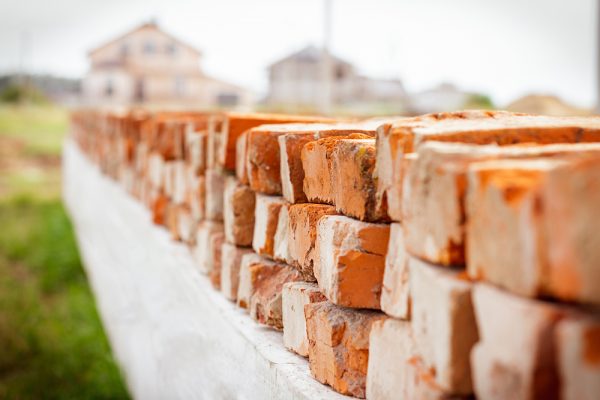What is the difference between freehold and leasehold?
When you buy a freehold home, you buy the property itself and the land it’s built on. When you buy a leasehold home, you buy the property itself but the land is owned by a landlord. In most cases, this makes you a ‘tenant’ and means you’ll have to pay rent to the landlord each year to cover the cost of renting the ground. You may also be required to pay maintenance costs to the landlord. This money will be used to maintain the property and land.What is the ‘leasehold scandal’?
Leasehold properties have been a hot topic for discussion recently, after numerous homeowners raised concerns regarding increasing ground rents. Some homeowners feel that the amount they’re being charged is unaffordable and others bought their properties without reading or understanding the terms of their lease. The issue has been dubbed the ‘leasehold scandal’ by those campaigning to make it easier for owners to purchase the freehold themselves. Generally, those campaigning for a rule change have three main concerns:- The cost of ground rent
- Service and maintenance charges
- The length of their home’s lease

